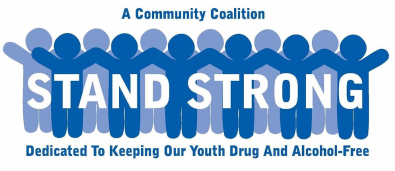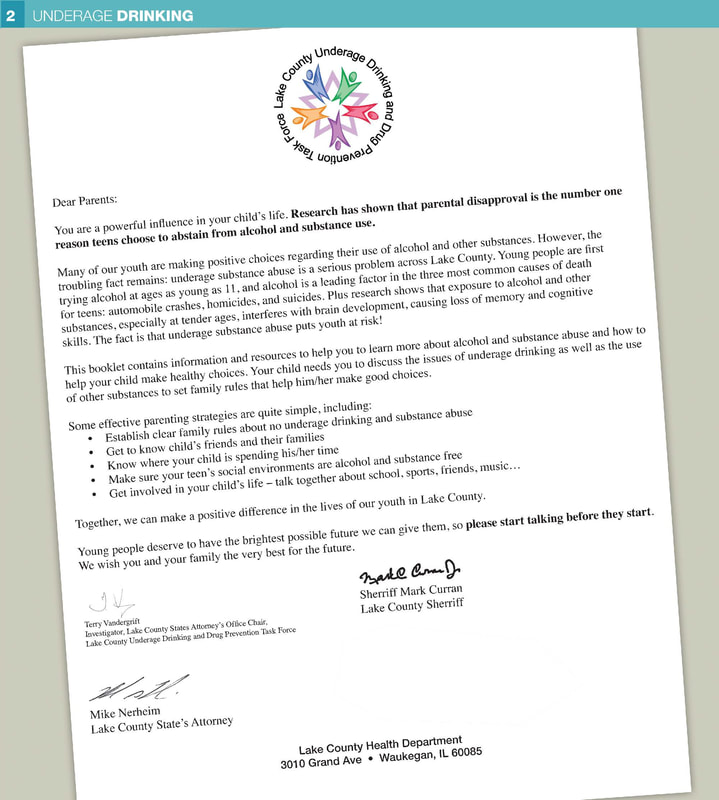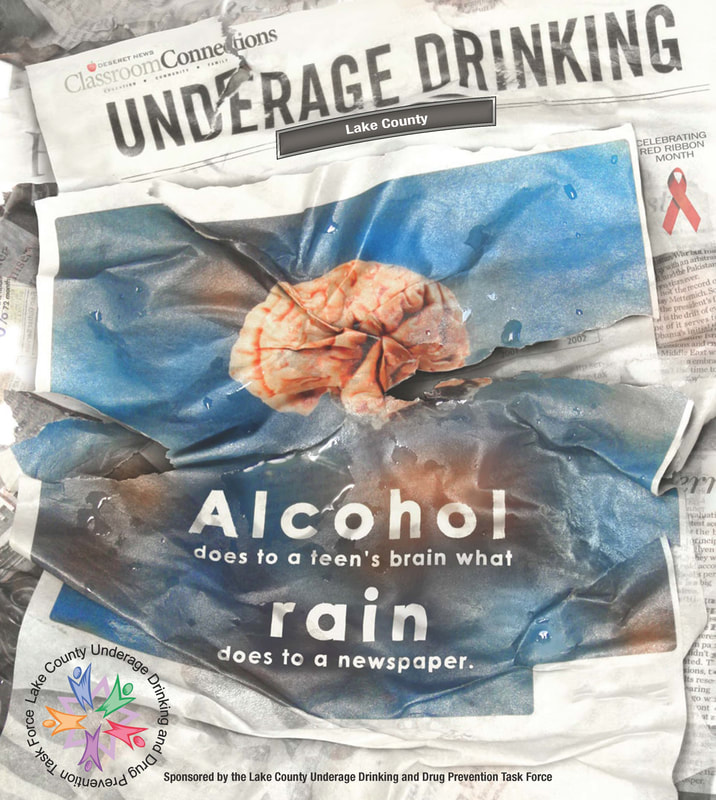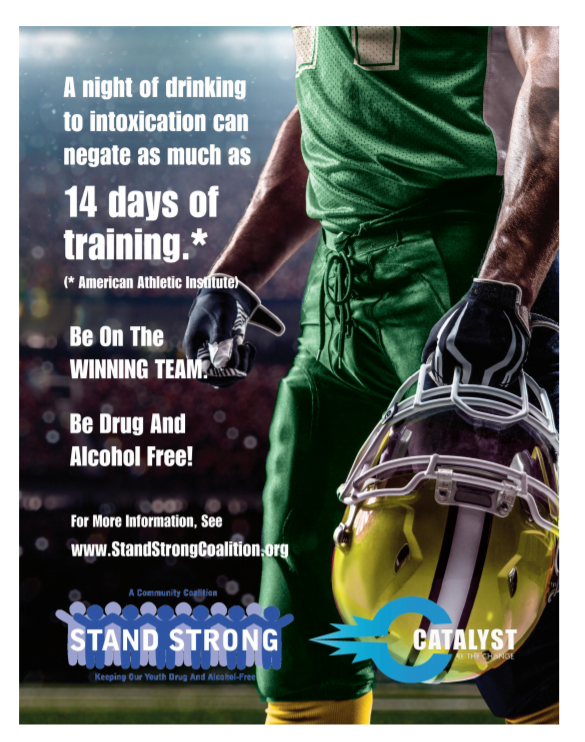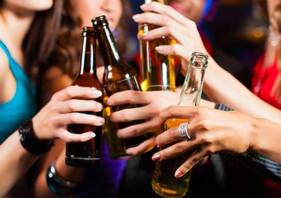Know the Facts About Alcohol and the Teen Brain
|
Coalition partners, Lake County Underage Drinking and Drug Prevention Task Force, created a great informational document focusing on underage drinking.
|
|
|
"All kids drink."
"Teenagers are going to experiment--I just want to keep them safe so I let them drink at home." "I did it in high school and I was OK." Does this sound familiar or have you had similar thoughts yourself? As parents, we need to take the time to educate ourselves and learn the facts. There has been so much new research about teens and the effects of alcohol on their developing brains. Just by being on this site, you have taken the first step. Use the following facts to have on-going conversations with your kids and help them stay drug and alcohol-free. |
"Adolescence is the most important period of life for learning.
It's not the time you want to be blocking the ability of the brain to change with experience - and that's exactly what alcohol does." - Dr. Aaron White, Duke University Medical School
Until the advent of MRIs, it was thought that the brain was physically fully developed by age 10. We now know it takes a brain about 25 years to fully develop and that a huge burst of development happens during adolescence. That burst can explain a lot about the unpredictable – and sometimes risky – teen behavior.
Now that we know a teen brain is developing, what happens when we add alcohol to it?
Studies have shown that adding alcohol to the developing teen brain can ALTER the development of the brain. Alcohol has shown to cause problems with important cognitive skills of teens, such as attention, learning and memory.
Now that we know a teen brain is developing, what happens when we add alcohol to it?
Studies have shown that adding alcohol to the developing teen brain can ALTER the development of the brain. Alcohol has shown to cause problems with important cognitive skills of teens, such as attention, learning and memory.
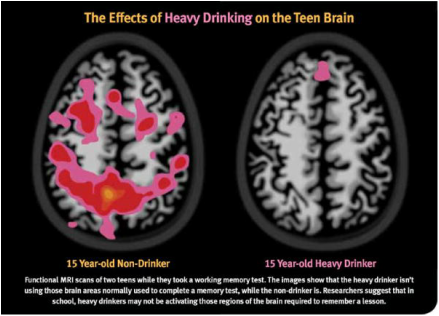
The brain images above show how alcohol may harm teen mental function. Compared with a young non-drinker, a 15 year old with an alcohol problem distinctly shows poor brain activity during a memory task. This finding is noted by the lack of pink and red coloring.
Image from Susan Tapert, PhD, University of California, San Diego
"Whenever a brain is developing, it is vulnerable to the disruptive affects of alcohol. Pregnant women do not drink for that reason." - Dr. Aaron White, Duke University Medical School
Furthermore, when you expose a teen's developing brain to alcohol, it alters not just the way the brain functions but the way the brain responds to alcohol later in life. As a result, an adult who starts drinking as a teen is more likely to meet the criteria for alcohol dependency than an adult who did not start drinking as a teen. The finding holds even after taking into account genetics.
